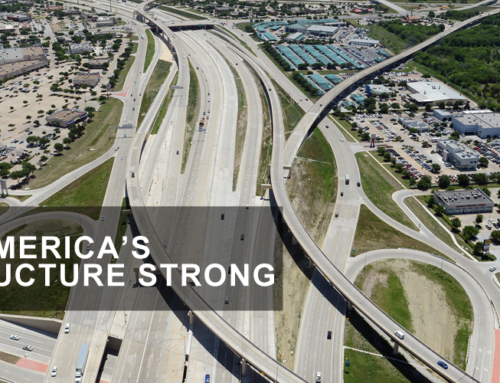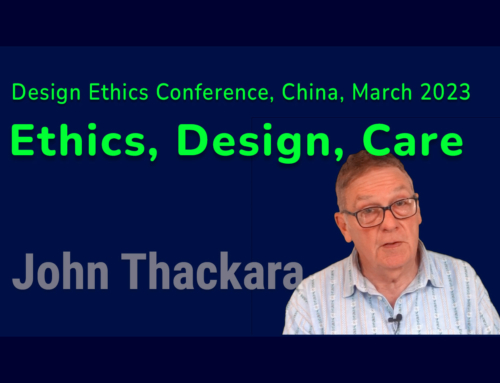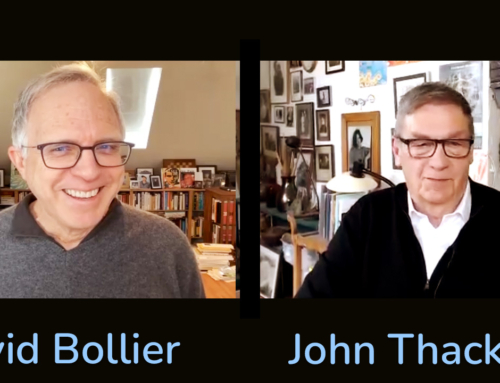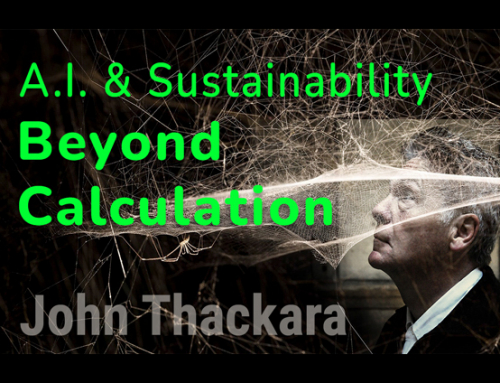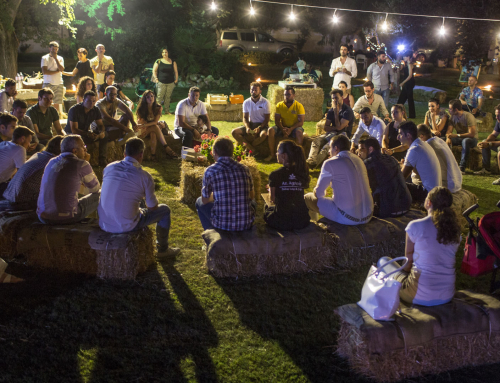The house is cold, someone keeps turning the lights off, and the greywater toilet is blocked again.
As a way of life, sustainabilty often sounds grim. The media don’t help: they tell us we have to consume our way to redemption. The shopping pages are filled with hideous hessian bags; and ads that used to be placed by double-glazing cowboys now feature wind turbines, and solar roofs.
Adding mental discomfort to the mix, politicians scold our bad behaviour as if we were children dropping litter. And preachy environmentalists expect us to feel guilty when we fail to embrace their hair-shirted future with joy.
Could one planet living be made desirable, better than what we have now? I think it can, and I have evidence to prove it. For the last 23 months Designs of the time (Dott 07) has explored what life in a sustainable region (North East England) could be like, and how design can help us get there.
The results of our efforts are on show at the Dott 07 Festival, on the banks of the River Tyne in Gateshead, which opened last week (and ends on 29 October). [Dott 07 is a project of the Design Council and the regional development agency One North East. Doors of Perception was responsible forprogramme direction].
Although Dott 07 is a design event, it is not filled with shiny products. The Festival’s main exhibits are not things, but people – people who’ve been busy exploring practical ways to live better, more modern lives with less stuff.
One example is the UK’s biggest urban farming project in Middlesbrough. Three weeks ago, 8,000 citizens celebrated a bountiful harvest of fruit and vegetables grown in municipal flower beds, allotments, roadside verges, and skips, all over town. 2,500 people at the Middlesbrough celebration ate a town meal based on recipes created by pro and am chefs in communal kitchens.
The main contribution of designers was to make visible, and connect together, people, knowledge, and resources that for the most part were already there. An “Edible Middlesbrough” map, on show at the Dott Festval, was commissioned by the town as an action plan for the years ahead. Uniquely for a development plan, the map highlights flows of food rather than rivers of traffic.
The Dott Festival also features Year 8 students re-designing an aspect of their school. A year ago, more than 80 schools in the region responded when Dott 07 posed them two questions: “how big is your school’s carbon footprint?”; and, “what design steps would it smaller?”.
Partcipating students had to find ways to measure resource flows in their school: how much water is used, how waste is dealt with, how pupils get to school, where their food comes from. These numbers, represented in 3d graphics, gave them insight into how their school was performing as a system.
Phase 2 was to design ways to make these systems more efficient. The students had help from professional designers and architects, but many turned out to know as much about the issues as the experts – and some students went out and talked to local businesses in a kind of reverse education process.
Another Dott 07 project, called Move Me, looked for ways to improve transport provision in Scremerston, a small rural community in Northumberland. The idea was to identify un-met transport needs and then design ways to use exsting public and private transport resources in a radically more efficient way to help people to get around.
At one level, Move Me was about ride-sharing, which is not such new ideas. But ride-sharing – in common with all schemes to share resources and time – is bedevilled by issues of trust and security: how do you ensure that the stranger sharing your commute to work is not a psycopath?
The breakthrough, in Move Me, was the realisation that, when a sharing service is co-designed by the ctizens who will use it, many of these trust and security issues can be resolved without major effort.
Less stuff, more people. The patterns of daily life emerging from Dott 07 rely more on social solidarity than on fancy buildings, or shiny objects. The contribution of design is to make it easier for people to help and support each other in ways that bring material benefit in the immediate term.
A Dott project called Low Carb Lane, for example, looked for ways to make being energy efficient affordable for poorer people, not just a lifestyle choice for the well-to-do. Our homes are responsible for one third of total greenhouse gas emissions, and small changes can have a big impact. But for people on low incomes, investing thousands of pounds on insulation, new boilers, or solar panels, is simply not an option.
The solution developed by Dott’s designers, live|work, is a financial service called SaverBox. A package of energy-saving measures, such as loft and cavity wall insulation, make someone’s home cheaper to run, and greener – but the occupier does not have to make a large up-front investment. Instead, each month, the household pays off the cost of the insulation at a rate less than the energy savings that are generated by the insulation. The SaverBox scheme can be replicated nationwide using the existing structure of Credit Unions.
A less stuff more people spirit informs another Low Carb Lane outcome, the proposed NorthEast Energy Service Co-operative, or NESCO. NESCO is the prototype of a not-for-profit energy utility: it would work for the benefit of its members by putting them in control of their energy use, encourage energy efficiency, and make energy payment processes transparent.
Dott 07 projects have addressed basic aspects of daily life: food, schools, transport, energy. The idea is not to dream up global solutions to the challenge of one planet living but, on the contrary, to provide practical benefits for real people in a specific situations.
The tools, methods, models and services developed for one context during Dott are available to be adapted, scaled up, and multiplied by others. Whenever small steps taken by Dott 07 look like succeeding, even in part, others can quickly follow suit – only better, and faster.
This model of change gives governments a clearer task, too. They can stop hectoring us about personal behaviour change and concentrate, instead, on removing obstacles to change and creating incentives for the mass social innovation that wll be the basis for a sustainable society and economy.

